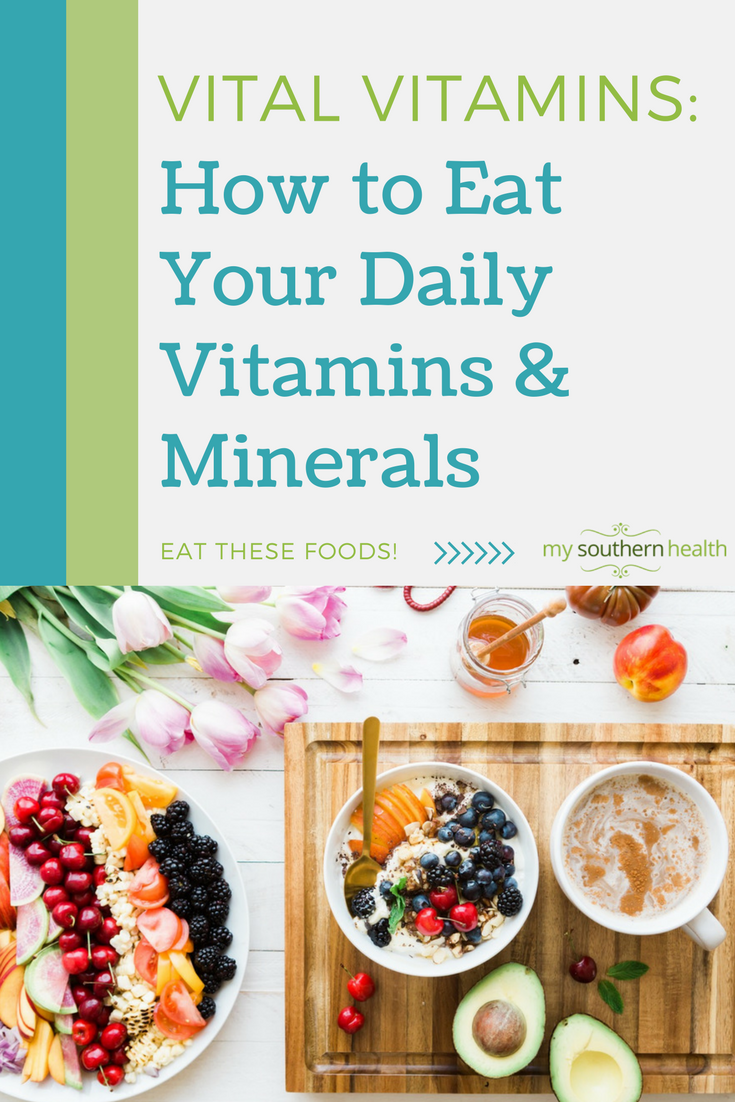Vitamins can be helpful in improving overall health and correcting vitamin deficiencies, but not all of them are safe or effective. While you shouldn't talk to your doctor before taking vitamins, as some can have harmful interactions with certain medications, it's always a good idea to research the vitamin's content beforehand. Not all of this! Health spoke with Dr. Jacob Haskalovich, MD, Chief Medical Officer of Clearinghouse, who shares what ingredients you don't want in your vitamins and why. Read on and don't miss the sure signs that you have COVID-19, to ensure your health and that of others.
one
What you should know before taking vitaminsDr. Haskalovich told us: "With today's focus on micronutrients and wellness, it's often seen that taking a multivitamin can help, or at least not hurt. However, vitamins aren't always associated with better health. Health and many cases, especially if you Eating well. Yes." In some cases, there can be too much vitamin, which can have negative or toxic effects on health."
2
What do you look for in a vitamin?Dr. Hascalovici advises: "You should only buy vitamins from well-known brands that regularly undergo third-party testing to ensure their products are safe. Promise."
3
food coloringThe doctor said. Haskalovich: "Food colors and artificial food colors are included in many things (not just vitamins), but they're still not always welcome. You'll probably eat less of these colors, too." If you only take these vitamin pigments, take them with food. Research suggests that you should know what to eat. It may be best to stay away from these supplements, which can mask vitamin changes. Light exposure, degradation and other problems.
The story continues
four
Sodium benzoateAccording to Dr. Haskalovich, "It's a preservative, but when sodium benzoate is combined with vitamin C, benzene can become carcinogenic. So avoid multivitamins that contain sodium benzoate or other vitamins that contain vitamin C."
5
- Things that end in OLLDr. Hascalovici says that vitamin ingredients ending in "Ol" often indicate the presence of sugar alcohols, which can contribute to indigestion and other unwanted side effects in FODMAP-sensitive people (including many people with IBS). If you watch your sugar intake, you'll also know about added sugars, which are especially common in vitamin gum or gummy candy. "

